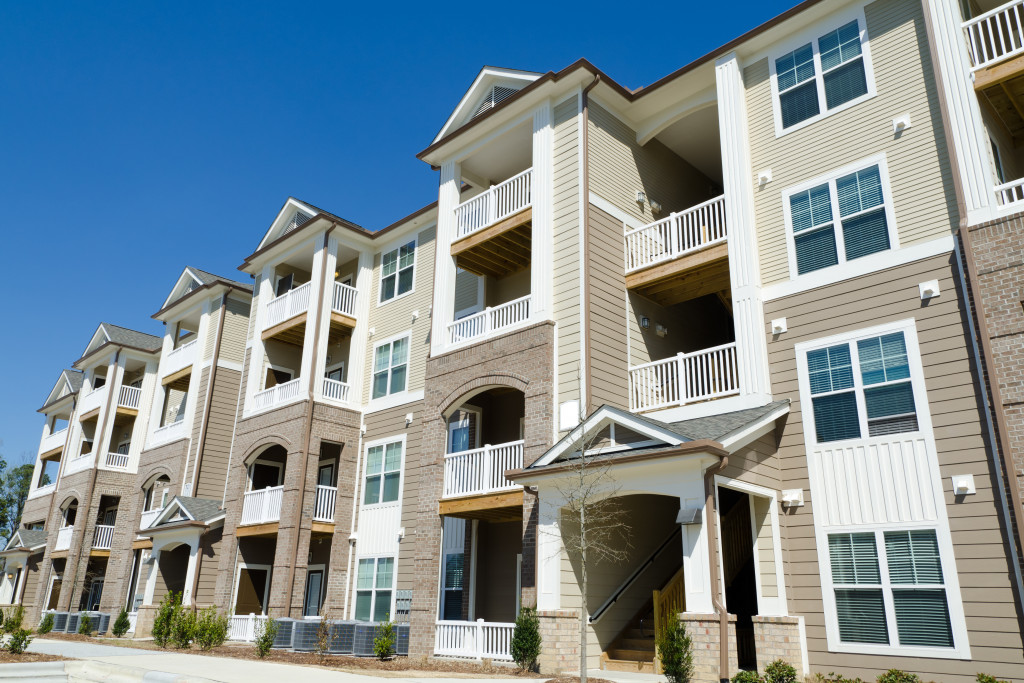Disputes over property are all too common. In fact, a recent study found that more than two-thirds of Americans will be involved in a property dispute at some point in their lives. These disagreements can arise from any number of sources: renovations have gone wrong, misunderstandings about whose responsibility certain tasks are, or simply differing opinions on what the property should be used for. You can always contact a real estate attorney to help you with any real estate-related disputes.

While it’s impossible to avoid every potential conflict, there are steps that can be taken to minimize the chances of them arising. In this article, we’ll discuss some of the most common causes of property disputes and offer solutions on how to best avoid them.
#1. Lack of Agreement on Property Rules
One of the most common sources of property disputes is a lack of clear agreement on what proper use looks like. For example, if you buy a home with your partner and begin to renovate it without clearly agreeing on how to handle shared expenses or who will pay for them, you could run into trouble down the line.
Disputes can also occur over certain rules being put in place—for example, both partners want pets, but only one person wants to let them outside; this would be an important rule to establish early on as it has the potential to create tension at a later date.
The simplest way to avoid this type of issue is to agree on some basic guidelines during the initial purchase or shortly afterward. For example, decide on who will finance renovations and how you’ll share the cost, spell out where pets are allowed (or not allowed), establish ground rules if one person wants to rent out their space later down the line—it doesn’t have to be complicated! Even having a quick discussion about these things can help prevent problems from arising in the future.
#2. Unclear Language During Purchase
Often, disputes arise when people don’t take time to discuss certain terms or conditions of their agreement before they sign it. This happens most often with roommates signing rental agreements, but it can also happen when two people buy a house together.
In general, it’s a good idea to ask about anything that seems unclear or confusing before making a final decision. You might not get an answer to every question you have, but having at least some initial understanding of the terms will help avoid future disputes.
#3. Difficulty Addressing Problems in Person
It can be difficult to address problems in person—especially in a shared living situation where addressing conflicts can make things more tense and uncomfortable for everyone involved.
However, finding ways to speak to one another in a productive way is important for preventing property disputes from arising in the first place. Of course, this often requires rebuilding trust and rapport with your roommate(s) after previous tensions have already come up—it doesn’t happen overnight.
Be patient with yourself and your roommates, and remember that having difficult conversations is often much easier when you’re addressing the problem rather than avoiding it.
#4. Disagreements over Renovations
One of the most common ways to bring about a property dispute is through renovations. Whether you’re buying a house or moving in together, always check what’s already been done before making any changes.
For example: if you buy a home with your significant other and one person decides they want to redo the bathroom without checking who paid for the shower tiles originally, this could lead to an argument if their partner thinks something was already agreed upon (regarding how to handle renovations).
This isn’t just limited to shared property, though. Sometimes roommates will start renovations without consulting one another, which can cause problems later on if they don’t agree on the changes being made.
This is why it’s so important to ask questions about anything that seems unclear when signing a contract or lease—this also applies when moving in with someone else. If you’re the one who’s doing all of the renovating, explain what your plans are to your partner or roommate(s). They may have their own preferences about how something should look, and this could be an opportunity for compromise (so long as you both want the same thing!).
Disputes over property are common, but they don’t have to be. By understanding the most common causes of these disagreements and taking steps to avoid them, you can save yourself a lot of hassle down the road. In this article, we’ve outlined four key ways to prevent property disputes from arising. Follow these tips, and you’ll be on your way to a smooth or living situation!



